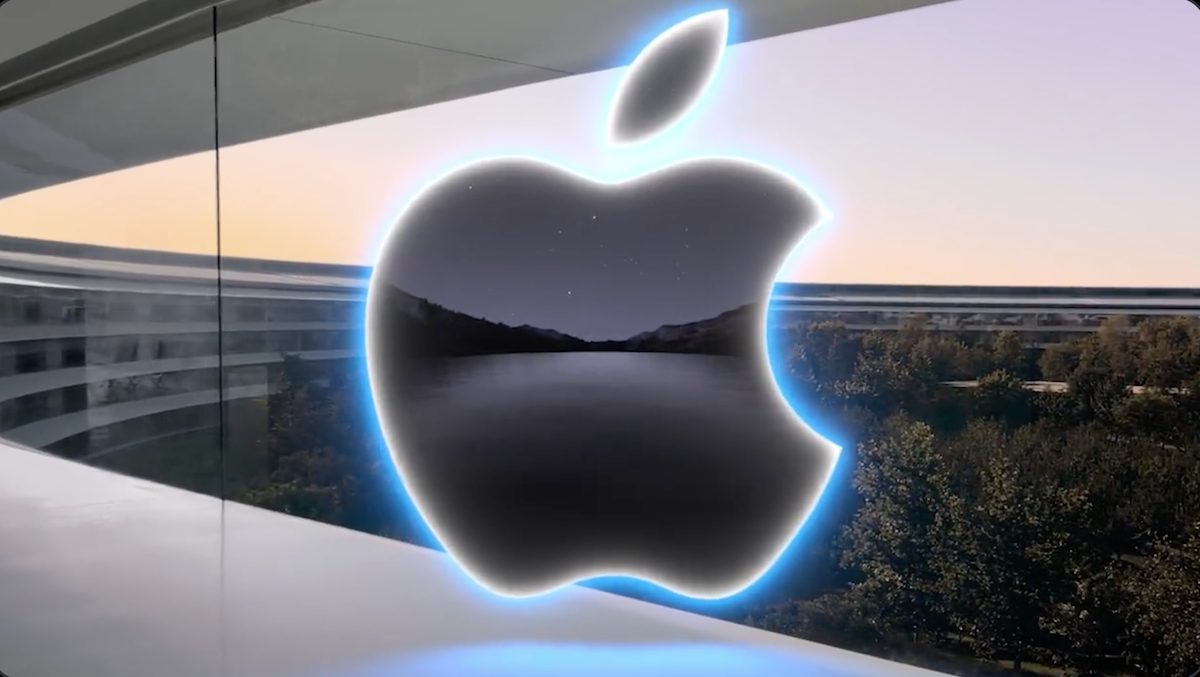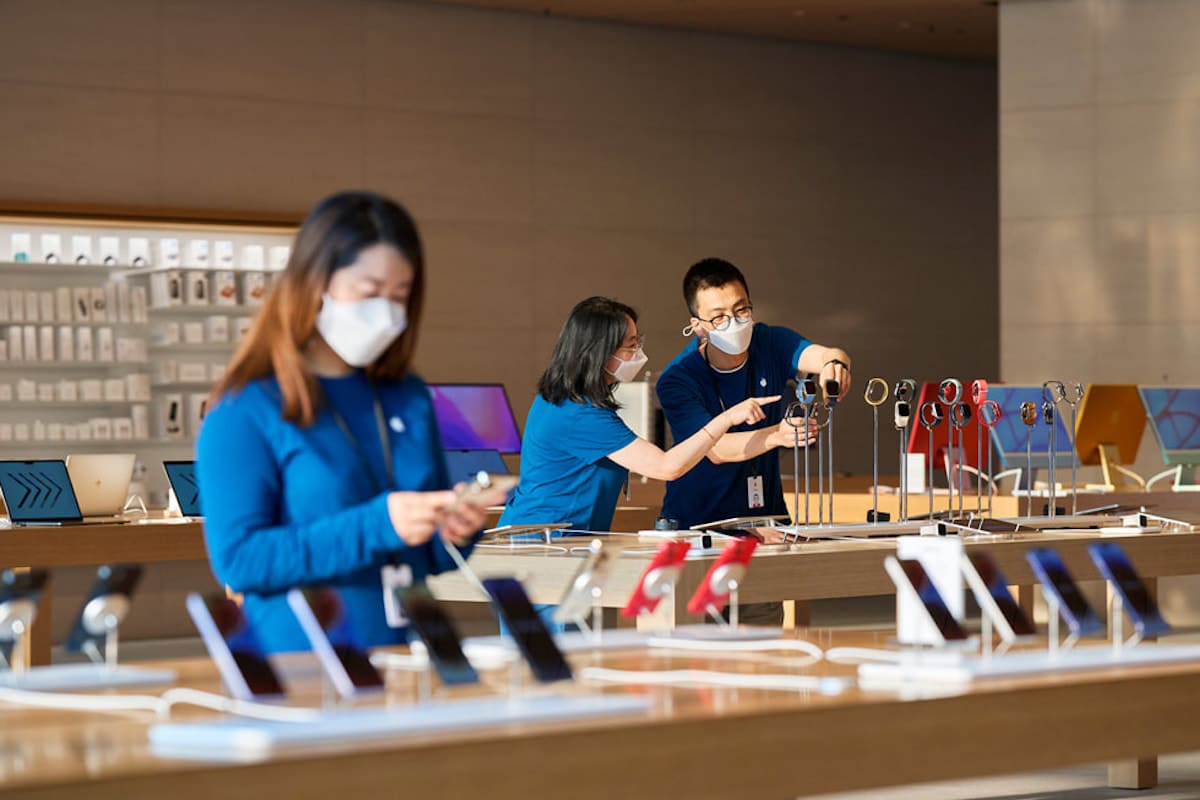As a result of the U.S. latest export laws, Apple has dropped the plan to flash memory or NAND chips from Yangtze Memory Technologies Co. (YMTC), a Chinese government-subsidized manufacturer.

According to Nikkie Asia, Apple wanted to use YMTC’s advanced and cheaper memory chips in all of its iPhones and other product. Initially, the tech giant only wanted to use the chips for iPhones sold in China but later decided to procure up to 40% of NAND flash memory chips from YMTC for all iPhones, said people familiar with the decision.
Recently, President Joe Biden’s administration passed strict trade laws that prohibit exports of advanced technology like logic chips t to companies based in China as part of its efforts to “hobbles China’s semiconductor industry” by forcing manufacturers that use American technology to cut off support for some China’s leading chip designers and manufacturing facilities. And it appears to be effective.
U.S. strict export laws on China forced Apple to change plans to use YMTC’s flash memory chips
As NAND flash memory is a key component in smartphones and computers, YMTC was offering Apple 128-layer chips which were by far the most advanced by a Chinese chipmaker and at a 20% cheaper price than leading rivals like Samsung Electronics and Micron.
However, geopolitical pressure and U.S. policies have compelled the Cupertino tech giant to freeze its plan.
Apple had already completed the monthslong process to certify YMTC’s 128-layer 3D NAND flash memory for use in iPhones when the U.S. government unveiled the tighter export restrictions against China early this month, multiple sources said.
However, U.S. companies are prohibited from sharing any design, technologies, documents or specifications to companies on the Unverified List without a license.

The report further explains that earlier this month, Washington placed YMTC on the “Unverified List” because its end users could not be verified. Although the inclusion does not prohibit the purchase of components or anything else from Unverified List designees, U.S. companies are restricted from sharing design, technologies, and other information with such companies without a license.
Therefore, Apple did not have any other option than to put a hold on YMTC chips.
A senior U.S. Commerce Department official told Nikkei Asia that companies added to this list are “likely” to be added to the Entity List — the official export control blacklist — if they cannot provide the necessary information in a certain period of time, usually about 60 days.